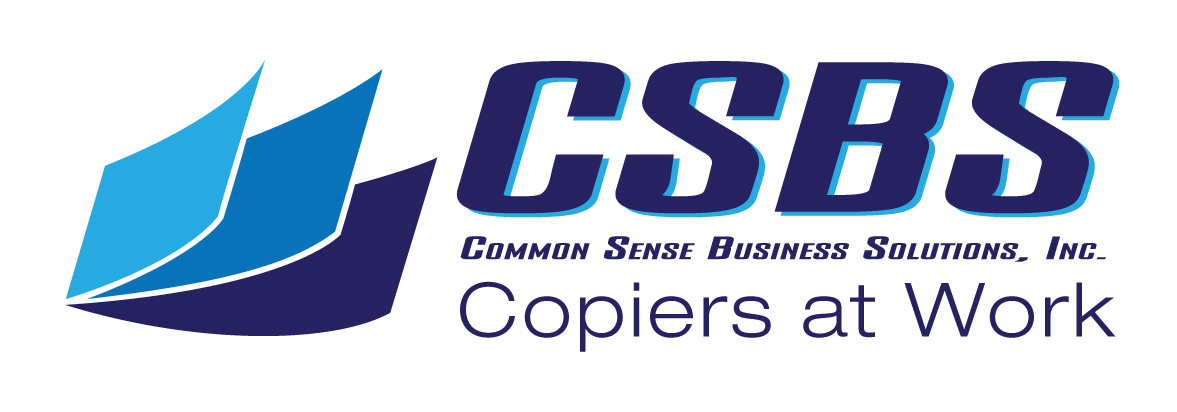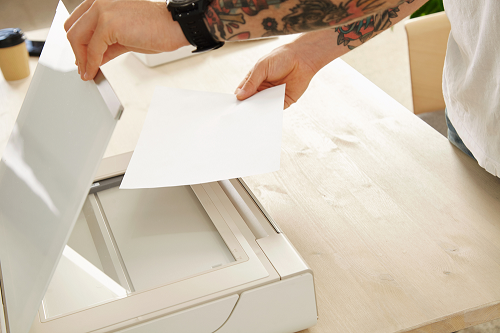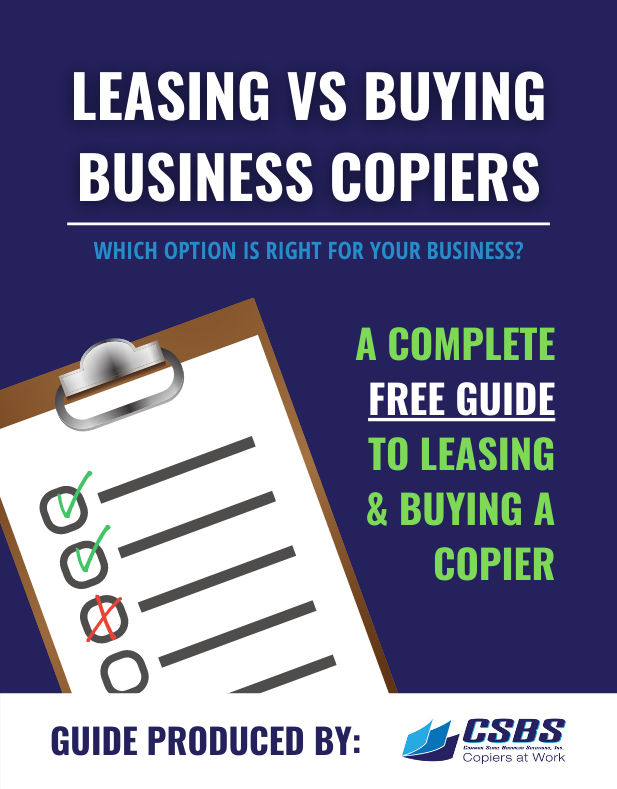Choosing the best small business copy machine for your needs is often a challenge, to say the least. But there’s a simple process you need to go through in order to pick the best one. First, you must weigh the pros and cons of various models, features, expenses, and software and hardware components. And then you get to decide whether you should buy or lease. Luckily, there are a few basic tips and tricks I’ve found that you can use to pick the right small business copier for your company. Ready to hear them? Ok, then let me tell you all about the process I went through, from start to finish.
What Will You Need the Machine to Do?
I’ve found that the absolute best place to start in the search for the right Minolta copier for your small business is with a simple question. So, ask yourself, “What do I actually need the copier to do?” In my experience, this basic question helps narrow down your choices immediately. I asked myself this question before I went to the store, and it really helped narrow down my options, because I was able to eliminate the models that didn’t meet my needs.
For example, I run a small local marketing and web development agency. This means that I need to make color copies and black and white ones, depending on the client and the project. In some cases, I need double-sided copies. And on top of that, since I often fill out a client contract while that person is in the room with me, I need a small business copy machine that works quickly. There’s nothing quite like that awkward moment when you’re waiting for the paperwork to print, so I wanted a machine that would make those copies in a hurry.
Factor in The Machine’s Size
Size matters! You’ll also want to factor in the size of your business and office space. There’s nothing quite like trying to get a machine that doesn’t fit through your door. I chose a small business copy machine that fit into my tiny office space. This made choosing a machine tricky, as it had to have all of the right bells and whistles, yet be a condensed size. Thankfully, the right combination of features and size existed for me.
Should You Buy or Lease?
Asking yourself whether you should buy or lease your copy machine is the next big step in this process. This is also the crucial step where cost will be the biggest factor. A more limited budget might prove to be a strong motivator to consider a leasing agreement when looking at a small business copy machine instead of buying one outright, as the upfront cost is lower. Plenty of advantages and disadvantages exist for both options, so this is one point you’ll want to examine most carefully.
As I investigated the matter myself, I found that it was best to start with the benefits and drawbacks of each. Some of the biggest advantages of leasing a copy machine are that you won’t have to worry about the technology becoming obsolete, the upfront cost is cheaper, and the typically offered maintenance services make life easier. On top of this, should my needs change, I could work out a new deal with the leasing company. Of course, this method won’t work for everyone, and larger companies might see a larger benefit to choosing to buy instead.
Consider Maintenance Packages
Always remember to ask the copier sellers about maintenance packages. I did, and it helped a lot. I didn’t have to worry about scheduling routine maintenance to keep my copier in good condition. Instead, the company came out and took care of that for me. They even came out on call when something went wrong. Sure, the cost of the repair wasn’t in the maintenance package, but it certainly helped to contact them, because they already were familiar with my particular machine.
Where Do the Features Come In?
Finally, there’s the issue of all the different features you’ll find available across different copier models and weighing how big of an impact they should have on your decision. Unfortunately, there’s no simple rule here because each small business is different; some might find features such as the graphics specs to be a top concern while others hardly need to worry about them at all. That said, I believe that the best way to understand the features you’ll need is to look at a brief overview of the features themselves and what they’re used for.
Print speed is a critical feature to consider and will depend heavily on the size of your business. This is equally true for paper capacity because what you need for both print speed and paper capacity is a result of the volume and frequency of the copies you’re making. Another feature to look at is how a small business copy machine utilizes toner. It can be very cost-effective to run some quick calculations on a machine against how much ink or toner you expect to use. This will essentially tell you how you can get more bang for your buck with your choice. In addition to this, I looked at the memory as a chief concern due to the ability to hold documents internally on the machine (a benefit that can be more than a little useful for your business).
In my case, I needed a copier that could handle a number of different things, ranging from color copies to standard ones. I wanted it to work quickly and create double-sided copies when needed. Overall, I chose a model that didn’t utilize a lot of toner yet sported top of the line graphics. It has a bunch of different features and definitely meets my needs. However, I didn’t rush through the decision making process. Instead, I took my time and browsed through potential options to find the best small business copy machine for my needs. And fortunately, it was completely worth it because I’m very pleased with the results. Simply follow these easy steps, and you will be too!



